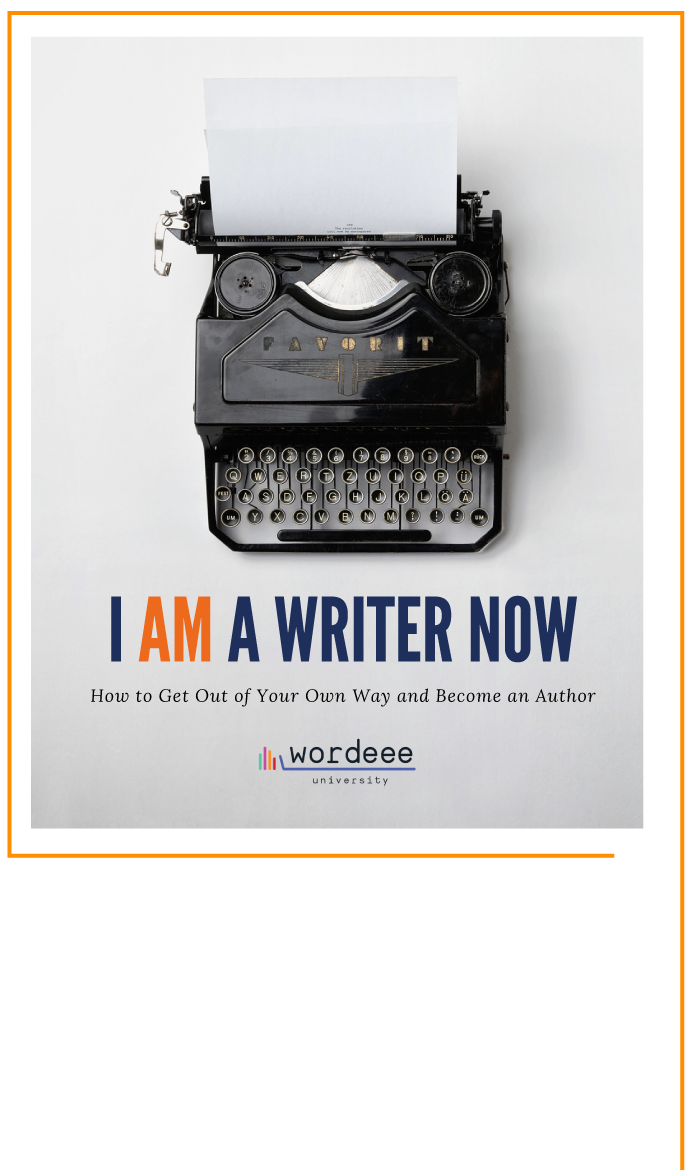Beginning writers tend to overuse certain words. The problem is that overused words quickly lose their impact. Words are overused for a variety of reasons including linguistic trends, social dynamics, and individual communication habits...and to be quite frank, they often convey exactly what they mean!
Many overused words are versatile and can be applied to a wide range of situations making them convenient go-to choices in various contexts. Being simple and easy to understand by a wide audience, certainly is good but it can also be annoying when a word is overused. Who as a writer wants readers to think they have a limited vocabulary? And that brings us to laziness and habits. Sometimes, people overuse certain words out of a lack of initiative. Rather than searching for more precise or creative language, they rely on familiar terms that require minimal effort.
While we are on the topic, we should point out that with the rise of social media, texting, and online forums, language leading to fluidity, shortened forms, slang, etc., trendy phrases can quickly become overused. One thing to remember, and more importantly, trends and slang are generation-specific and could be misunderstood so use them sparingly.
Here are some of the words that have become classically overused:
- Amazing: Starting strong with your choice! "Amazing" is so versatile that it's used to describe everything from a delicious sandwich to an awe-inspiring sunset...and even possibly your best friend! Try marvelous, stunning, or surprising instead.
- Awesome: Originally meaning "inspiring awe," "awesome" has become a staple in casual conversation, often to describe something impressive or excellent. Blow them away with your extensive vocabulary. How about Astonishing or breathtaking?
- Brilliant: Often used to describe something exceptionally clever, talented, or well-executed. Try Vivid, dazzling.
- Cool: A versatile word that can mean anything from fashionable to admirable to relaxed. It's so overused precisely because it can mean so many things! The Urban Dictionary defines cool as the best of the best. It is timeless, a classic descriptive word that has never and will never go out of style. Hey, how about funky, fab, or groovy if you’re a sixties baby?
- Epic: Originally used to describe long narrative poems, "epic" now often describes anything grand or impressive. We happen to like epic but if you find yourself overusing it…try grand or monumental.
- Fantastic: This word conveys a sense of something being extraordinary. It's used liberally to express enthusiasm. We’re going with remarkable, wild.
- Great: A simple yet powerful word that's often overused to indicate something of high quality or significance and often a substitute for the word "good." Substantial, preeminent?
- Inconceivable: Defined as not capable of being imagined or grasped mentally unbelievable. Check out how many times this word was used in the movie The Princess Bride! Unimaginable, incredible, unthinkable?
- Incredible: Similar to "amazing," "incredible" is another go-to word for expressing astonishment or admiration. Marvelous, spectacular.
- Mind-blowing: Used to describe something so astonishing or impressive that it seems to defy comprehension. Just about now, we’re tired but you get the drift, right? Try to come up with words for the rest of the overused words below.
- Mind-boggling: Similar to "mind-blowing," this word is often used to describe something so confusing or difficult to comprehend that it utterly overwhelms the mind.
- Outstanding: Used to describe something exceptionally good or impressive.
- Phenomenal: This word conveys a sense of something extraordinary or remarkable.
- Stunning: Often used to describe something visually impressive or emotionally moving.
- Unbelievable: Often used to express disbelief or astonishment, this word has become a catch-all for expressing strong emotions.
- Wonderful: Similar to "fantastic," "wonderful" is used to describe things that evoke a sense of wonder or delight.
These words are popular for a reason—they often succinctly convey strong emotions or impressions. However, a good writer should try to avoid overused words because they can make your writing sound clichéd or generic. Using fresh, unique language will create more engaging, memorable, precise, and impactful work that will stand out from the crowd.






